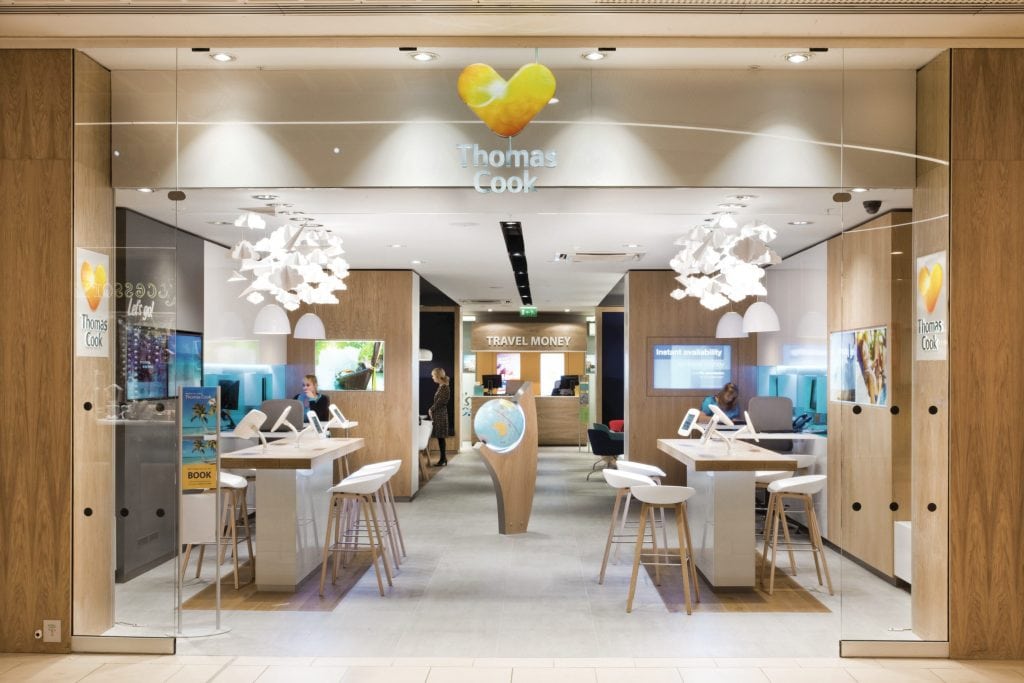Skift Take
While Thomas Cook has yet to fully step out of the shadow of its near-collapse in 2011, the current management team has at least managed to steady the ship. But 2016 has presented its own challenges with terrorism in Turkey doing particular damage.
Five years ago tour operator Thomas Cook almost went out of business.
The situation was so dire that the then UK Prime Minister David Cameron asked in Parliament to be kept abreast of what was happening.
There was a sense that the government wasn’t going to let one of the biggest names in travel retail fail and eventually, after much behind the scenes financial wrangling, it was saved.
Since then successive CEOs have edged the company closer to normality.
Harriet Green quickly became a firm favourite of the city by presiding over a period of extensive cost-cutting. Peripheral businesses were sold, shops closed, and employees made redundant. Accordingly, the company’s share price rose to a highs of more than $2.22 (£1.80), having fallen as low as $0.10 (£0.08) in late 2011.
When the heavy lifting had been completed she abruptly left, leaving one of her deputies Peter Fankhauser to finish the turnaround.
Last year the company returned to profit after an five-year absence but things have become a little more difficult in the last 12 months.
Terrorist attacks in its key destination of Turkey forced a massive redeployment of flight and hotel capacity. The biggest casualty of this was Thomas Cook’s German airline Condor.
The overall performance was also hampered by declining consumer confidence in Germany and Belgium following the Brussels terrorist attacks in June.
Perhaps surprisingly, the UK’s Brexit vote has yet to have any material effect.
“As I have said before we have yet to see any noticeable impact on trading. Being hedged on currency through to next summer means it is also hard to see an impact on the fall in sterling,” Fankhauser said on a conference call with journalists following the results announcement.
Turning a profit
Fankhauser said he was pleased with Thomas Cook’s performance given that it had been a “difficult year for tourism.” Pre-tax profit fell by 8 percent to $52 million (£42 million) and revenue dropped by 22 percent to $9.7 billion (£7.8 billion).
It will be interesting to see how Thomas Cook’s biggest competitor Tui Group fares when it releases its results in a couple of weeks. Over the last few years Tui’s quest for differentiation through the sale of exclusive hotels has propelled it into a different league to Thomas Cook and there is no reason to expect this to have changed.
Thomas Cook’s closest rival in the UK, Jet2, has shown that even in an unfriendly operating environment, there is still a way to make substantial profits (although its reporting year is slightly different and it has only recently put outs its first-half results).
One of Thomas Cook’s biggest problems is that it is still paying a high price for past problems and its bail-out by its lenders in 2011.
Net debt has been cut from £891 million in 2011 to a more manageable £129 million this year and a round of financial restructuring in May helped securing a new banking facility, giving it the ability to buy-back some of its pricier bonds.
“We have this legacy of too high debts and we have clear targets to reduce this debt burden by £300 million [$371 million] by 2018 and we are on target. We already bought back £100 million [$124 million] last spring and we intend to really hit that target,” he said.
The Co-operative deal
There is also the small matter of its joint venture with the Co-operative Group. The pair (along with the smaller Central England Co-operative) pooled their retail businesses together back in 2011.
The deal effectively loaded-up Thomas Cook with a pricey shop empire just as consumers were switching to online sales.
To make matters worse the terms of the deal dictate that Thomas Cook’s junior partners can force it to buy out their share at a certain price.
Buried in the full year announcement, Thomas Cook has said that this option can be exercised from December 1 this year at a cost of £79 million.
Skift asked the Co-operative Group for its response but it declined to comment.
The Daily Newsletter
Our daily coverage of the global travel industry. Written by editors and analysts from across Skift’s brands.
Have a confidential tip for Skift? Get in touch
Tags: brexit, earnings, thomas cook, tour operators, unrest
Photo credit: A Thomas Cook store. The company reported a fall in full-year pre-tax profit. Thomas Cook
